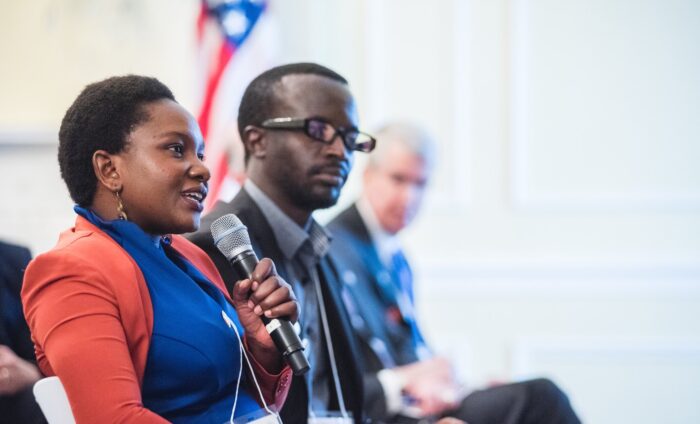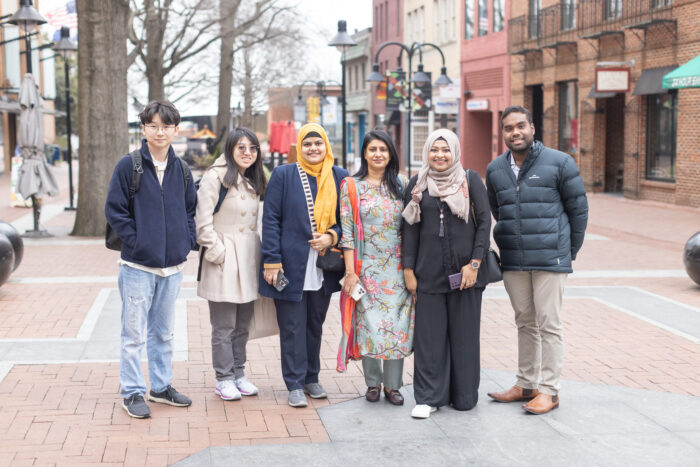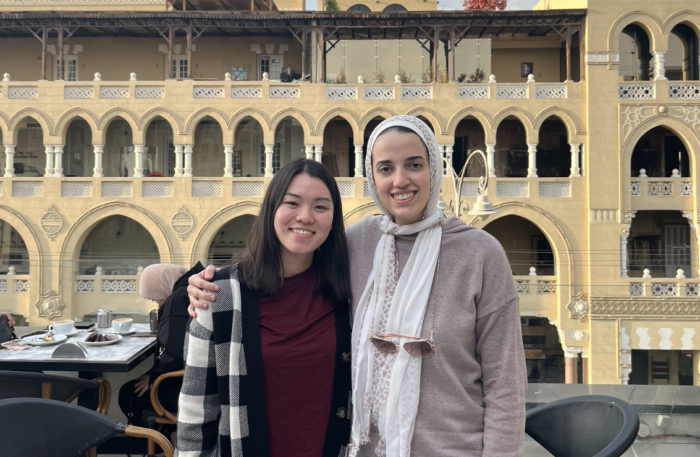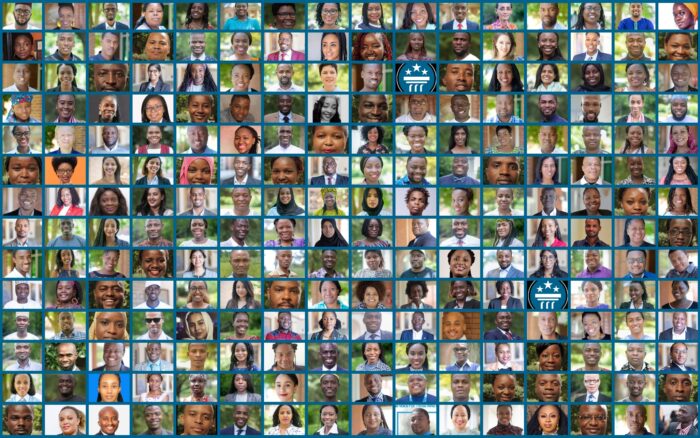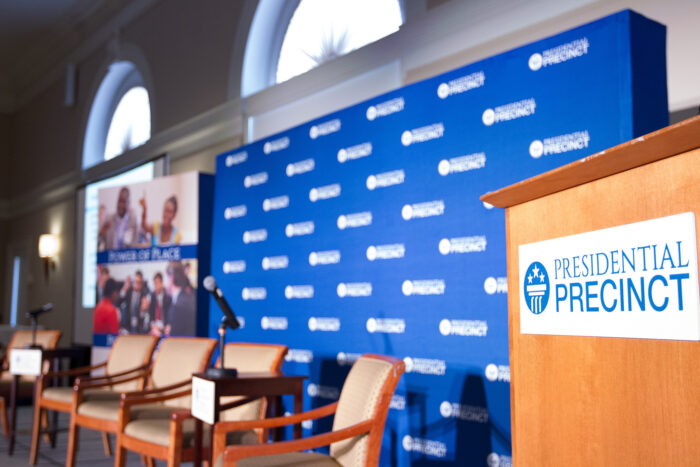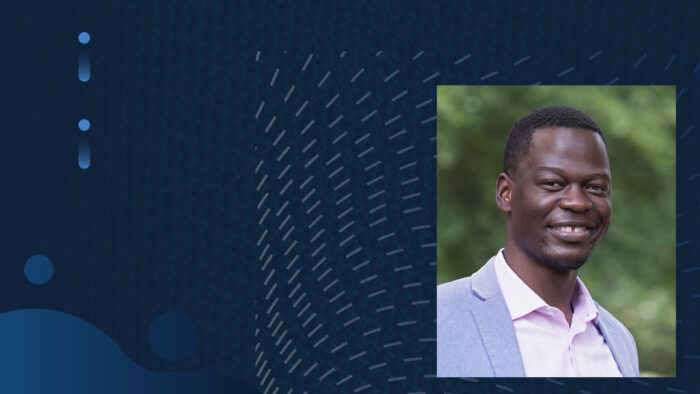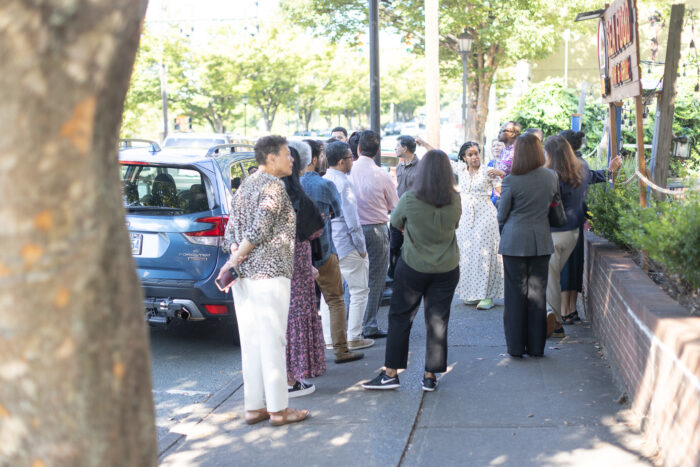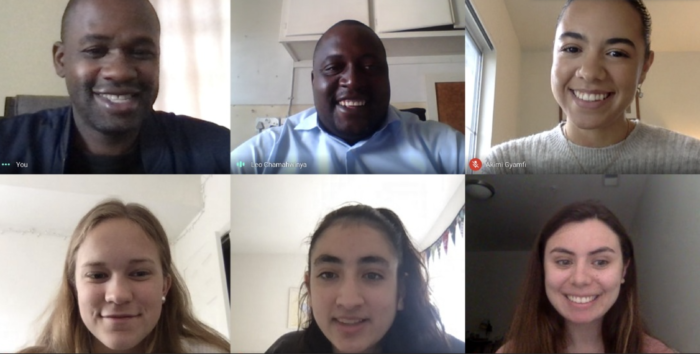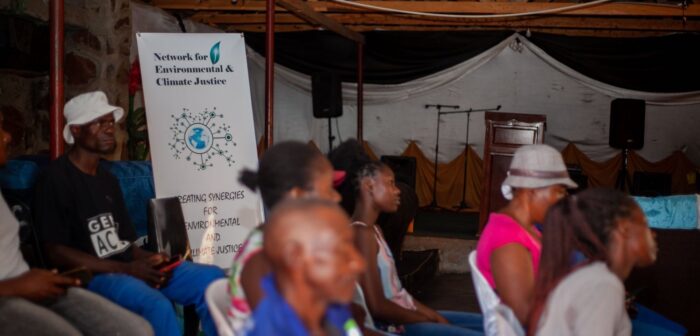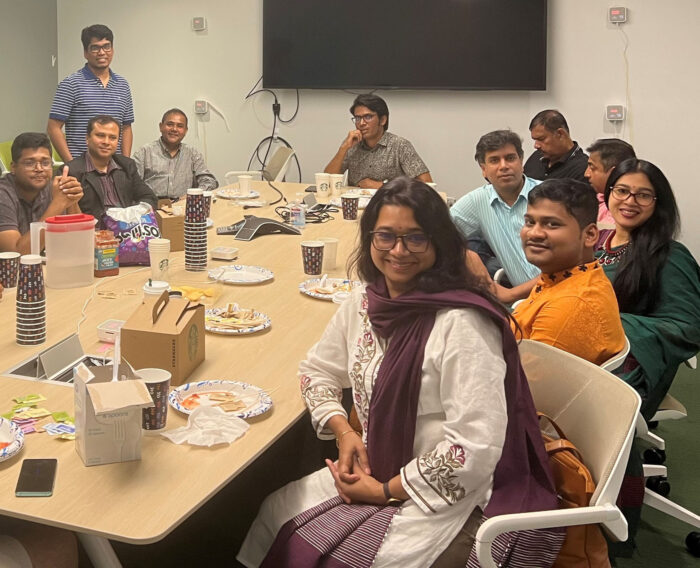The Power of “Gongolo”: How to Build a City
Wakibu Bunnya, “Wakib”, is not afraid of an entrepreneurial challenge. He wants to build a new city in his home country of Uganda, a daunting feat. Where does one even begin?
Wakib grew up in Bwaise, one of the largest slums in Kampala. His father owned property in the slums, meaning that their family lived in a nice house surrounded by poverty. Wakib became friends with the people from the slums and witnessed the people, his community, around him going hungry. He thought that “Things can be better, we can do better.”

As Wakib grew up and traveled the world, he saw new infrastructures that he felt could help Bwaise and Kampala. “[In Uganda] the roads are not built for people to walk in, there is no movement. When I went to Copenhagen, I saw a city without cars, everyone was on bicycles.” After seeing Copenhagen and traveling to other parts of Africa like Zimbabwe and South Africa, Wakib knew his new city had to be a walkable city: “There is something better, and we can build it and have it here.”
When sharing his plans for creating a new city, Wakib showed no signs of uncertainty or question. His air of assurance and quiet confidence was consistent throughout the Mandela Washington Fellowship for Young African Leaders.

The first step, Wakib said, is to create “dialogues with people in my community to decide what they are looking for in a new city – ultimately to come up with a master plan. I want people to be included. This includes [marginalized communities], the disabled, the youth, the women – all who are the backbone of the city and will be involved right at the start of the planning process”.
Therefore, the first 1-2 years of creating this new city will, in Wakib’s words, be dedicated to “planning to make a plan”. After the master plan is created, Wakib and the city planning team will approach the Ugandan government and different investors with the right information. Wakib notes that the Mandela Washington Fellowship and the Presidential Precinct have been valuable in the city-building process as he has “gotten a hopeful partnership [with investors]” and hopes to collaborate with the UVA School of Architecture on an interdisciplinary program built around this new city in Uganda.
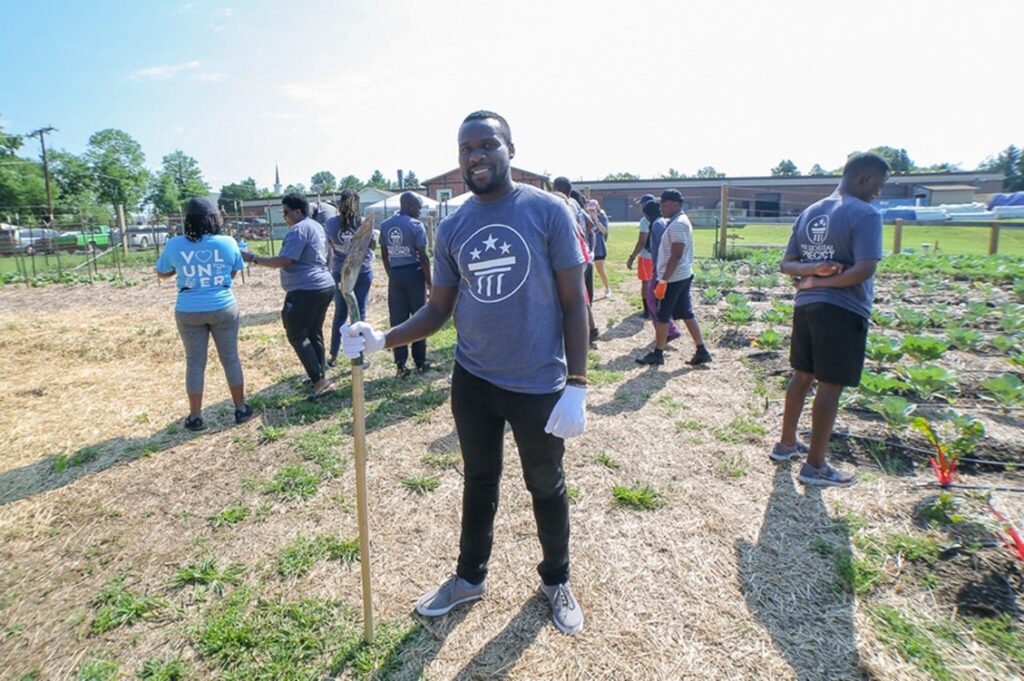
To create a strong economic foundation, Wakib is working on incentivizing companies to establish businesses in the new city, be it “lower taxes, the key sectors, and local business support”.
When I asked Wakib if he wanted to be the mayor of the new city he laughed. “I would like to be in a philanthropist role: start the initiation process, and put the structure of the city in place”. He noted the city will need a council, a mayor, and its own constitution.
As for the name of this new city?
“Gongolo”
As Wakib explained, ‘Gongolo’ means millipede in Luganda and most Bantu languages. “There are 80,000 species of gongolos, each one different. This is representative of the different tribes, religions, races, and sexes, etc. from all around the world, the different people who would be attracted to the city of Gongolo.”
Wakib also cited the physical nature of the gongolo as symbolic for the city. The gongolo curls up in a circle, which is reminiscent of “African culture, we sit around the circle of fire.” Furthermore, as the gongolo is a tiny animal, “it curls up to protect itself, it is resilient”. The many legs of the gongolo speak to “the different branches that will power the city, the hospitals, the schools, the businesses, etc..”
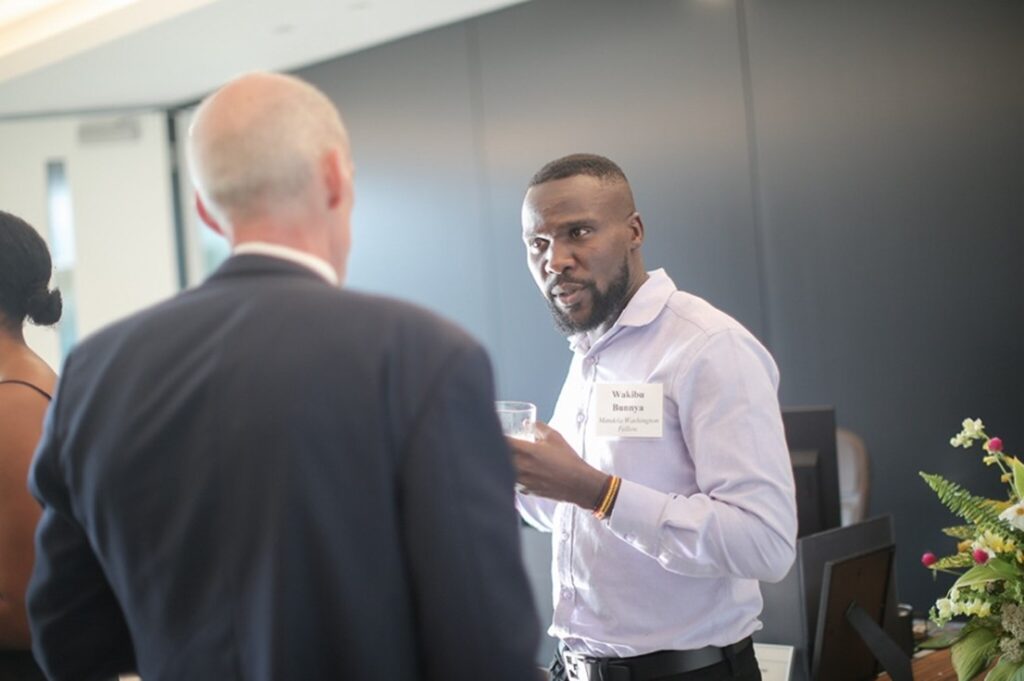
Finally, Wakib says, “Gongolo is a very African name. I want to be clear that this is a very African city – very different. In Africa we can also do things, not to look like what you [Western cultures] built, but to be even better.” Wakib says the name is a nod to Afro-futurism, where the residents will embrace the “Africanness” of the city. The city will have African-centric, tribal designs. “I want our own way of dressing, I don’t want the official dress to be a suit, I want us to wear traditional tribal attire.”
Like Rome, Gongolo won’t be built in a day, but Wakib believes with a master plan and strong support and input from his community, he can see the skyline on the horizon.
—
The Mandela Washington Fellowship for Young African Leaders is a program of the U.S. State Department with funding provided by the U.S. Government and administered by IREX. The Presidential Precinct is a sub-grantee of IREX and has implemented Leadership Institutes as a part of the Fellowship since 2014. For more information about the Mandela Washington Fellowship, please visit the Fellowship’s website at www.mandelawashingtonfellowship.org.

